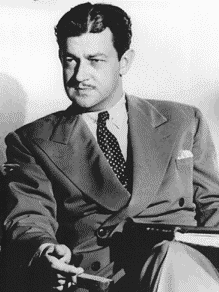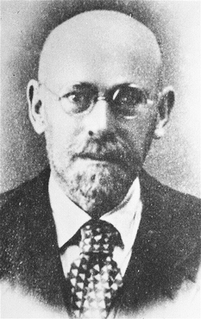A Quote by William Shakespeare
After your death you were better have a bad epitaph than their ill report while you live.
Related Quotes
A pretty girl is better than a plain one. A leg is better than an arm. A bedroom is better than a living room. An arrival is better that a departure. A birth is better than a death. A chase is better than a chat. A dog is better than a landscape. A kitten is better than a dog. A baby is better than a kitten. A kiss is better than a baby. A pratfall is better than anything.
Where is it I've read that someone condemned to death says or thinks, an hour before his death, that if he had to live on some high rock, on such a narrow ledge that he'd only room to stand, and the ocean, everlasting darkness, everlasting solitude, everlasting tempest around him, if he had to remain standing on a square yard of space all his life, a thousand years, eternity, it were better to live so than to die at once. Only to live, to live and live! Life, whatever it may be!
If you have so earth-creeping a mind that it cannot lift itself up to look to the sky of poetry... thus much curse I must send you, in the behalf of all poets, that while you live, you live in love, and never get favour for lacking skill of a sonnet; and, when you die, your memory die from the earth for want of an epitaph.
Man feels and ponders death as though it were the end, when in fact death is merely the continuation of life. It is another life. You may not believe in the existence of the soul, yet you must acknowledge that your body will live on as green grass, as a cloud. For you are, after all, water and dust.







































